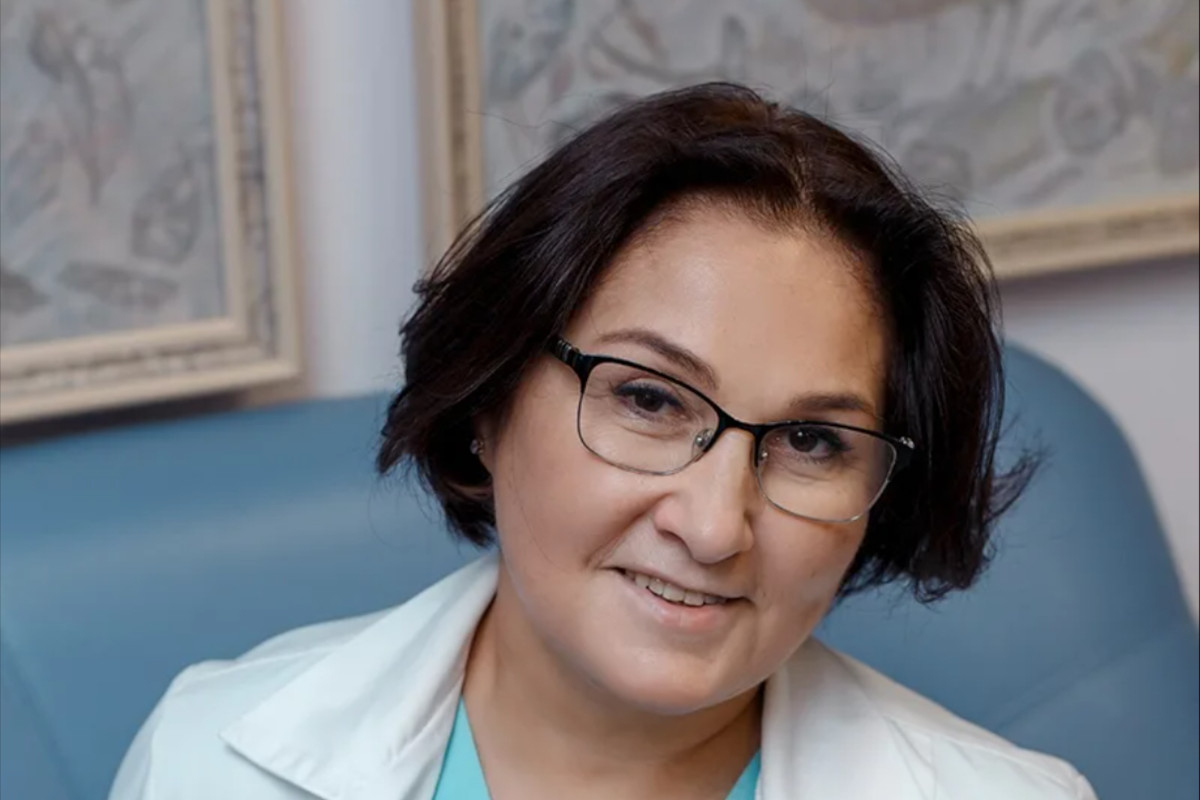St Petersburg University expert: today, any doctor should be able to recognise the symptoms of cancer

Rashida Orlova, Head of the Department of Oncology at St Petersburg University and a chief specialist in clinical oncology at the City Clinical Oncological Dispensary, has taken part in a press conference on new approaches to the treatment and prevention of cancer.
The experts discussed the implementation of the federal project to combat cancer; importance of timely prevention; and introduction of new diagnostic methods and their impact on the process of treating patients.
‘Largely due to our understanding of the biology of the tumour process and new opportunities for surgical, drug, and radiation treatment, there is a global decrease in mortality from cancer by 33%, compared to 1991. About 3.8 million lives have been saved. This is cancer prevention that save lives’, said Rashida Orlova during the conference. For example, there is a drop in the incidence of human papillomavirus (HPV) and cervical cancer across the globe due to ever-widening spread of vaccination, timely cervical screening, and cervical cancer prevention.
Cancer is the second leading cause of death worldwide. The most common cancers are: breast and cervical cancers in women; lung and prostate cancers in men. Colorectal and stomach cancers are equally common cancers in men and women. These are the organs and systems of the human body that doctors advise to carefully examine and pay attention to the symptoms.
Rashida Orlova also drew attention to how important it is for a doctor, regardless of the specialisation, i.e. an ophthalmologist, an otorhinolaryngologist, or a therapist, to understand the specifics of oncological diseases. They should know the symptoms and the mechanisms of the effect of carcinogenesis on organs and systems. ‘Sooner or later, every doctor will face an oncological disease in their patient,’ she said. A doctor should be able to help patients with their problems, not to delay medical assistance due to cancer diagnosis, and to improve the quality of life of oncological patients.
Unfortunately, according to Rashida Orlova, not all doctors are familiar with the specifics of oncological diseases. The expert explained that doctors who do not specifically study oncology as their main area of clinical practice do not receive enough knowledge in this area during their studies at the university. Sometimes the course on oncology is only several lectures.
Oncology is a wide-ranging science that can realise any interests of a young specialist, i.e. genetics, morphology, surgery, therapy, or psychology. This is a huge amount of knowledge and directions in medicine. For any doctor, there is no greater satisfaction than being able to correctly diagnose a disease; prescribe correct treatment; and ensure a long and quality life for patients.
Rashida Orlova, Head of the Department of Oncology at St Petersburg University and a chief specialist in clinical oncology at the City Clinical Oncology Dispensary
St Petersburg University offers a similar course that is taught for a whole year. This is what makes the University different from other medical universities in Russia.

